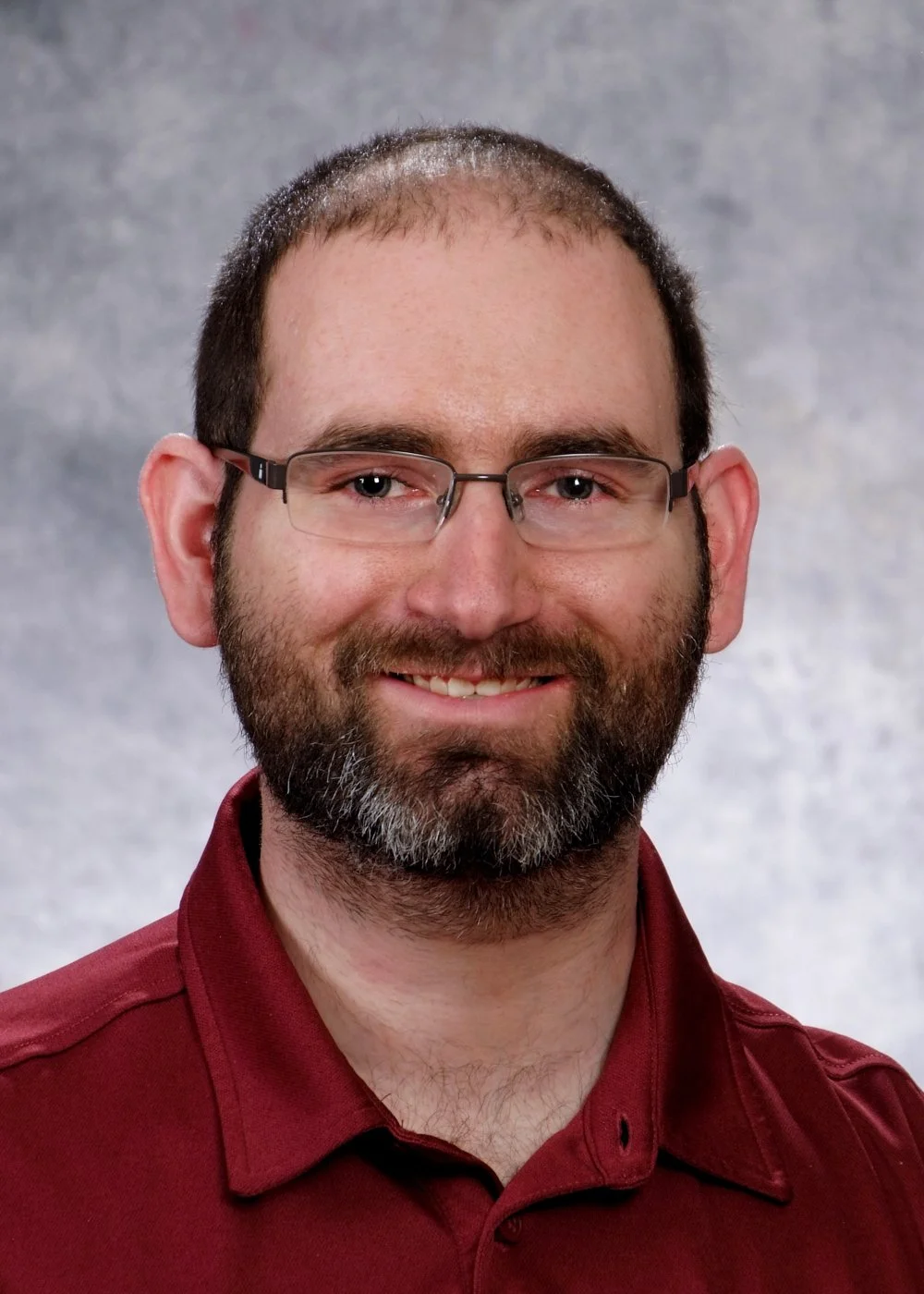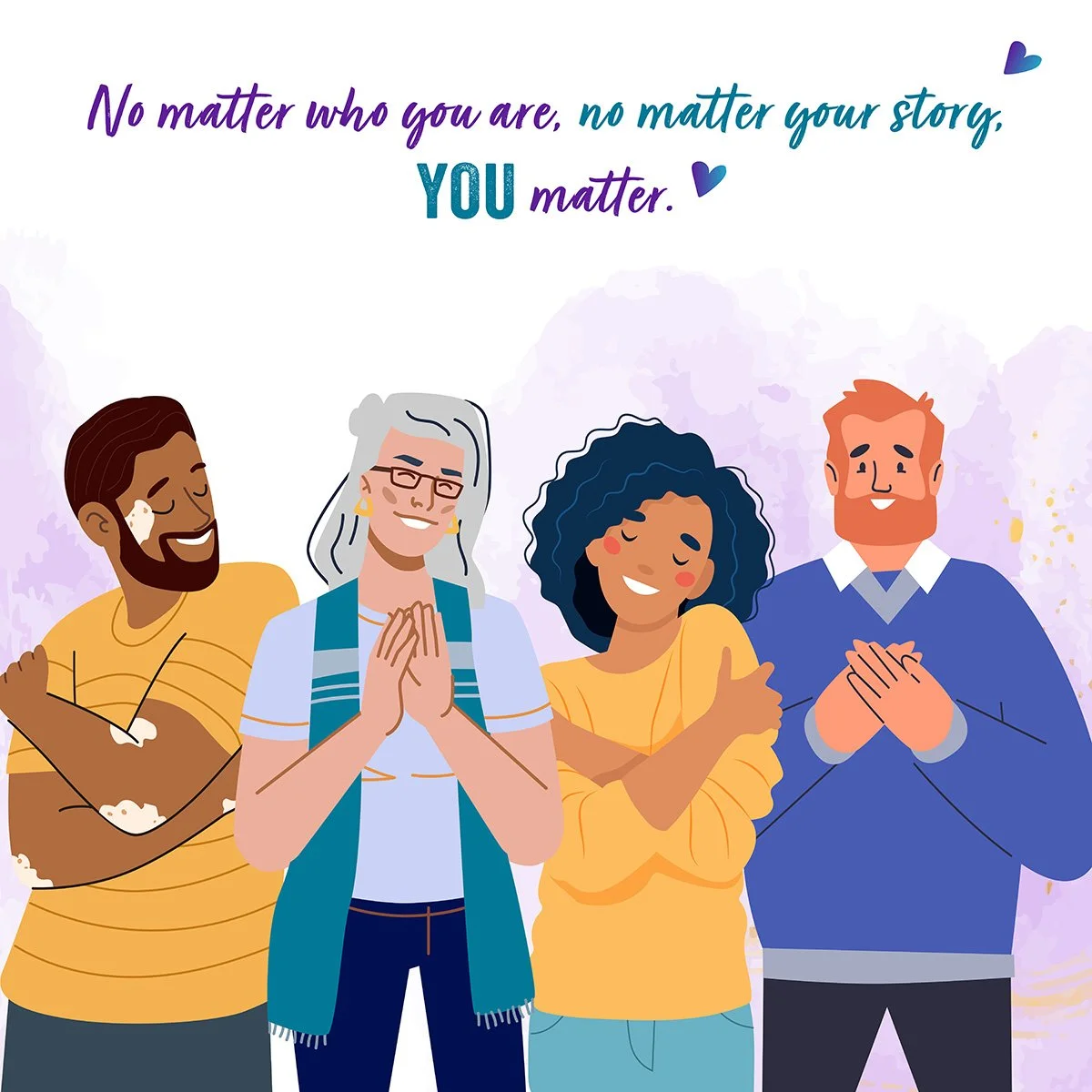It’s Okay to Not Be Okay National Suicide Prevention Month
It’s Okay to Not Be Okay: National Suicide Prevention Month — A Call to Gen Z & Millennials
September is National Suicide Prevention Month, a time to recognize that hurting mentally doesn’t mean you’re failing. It means you're human. If you’re Gen Z or a Millennial, you already know the pressures are real — social media, economic stress, identity struggles, climate anxiety, “compare & despair,” plus the fallout from a pandemic. For many, it’s been overwhelming. But there are resources, there is hope, and there are ways we can look out for each other.
Why This Matters to Us
Suicide is one of the leading causes of death for young people (teens, 20s, early 30s). nctsn.org
Gen Z is statistically more likely to experience anxiety, depression, and suicidal ideation compared to previous generations. But we also are more open to talking about it.
Yet stigma, feeling like you’ll burden others, or even not knowing where to turn are barriers many of us face.
This month isn’t just about awareness — it’s about action. It’s about learning to recognize warning signs, supporting friends, building stronger mental health habits, and reminding ourselves that we are not alone.
Signs & Warning Signals: What to Watch For
Here are some red flags (these are not always present, and presence doesn’t mean someone will act on suicidal thoughts—but they are signals):
Talking about wanting to die, feeling hopeless or trapped, being a burden
Looking for ways to die, such as searching for lethal methods
Withdrawing from friends, family, activities
Major changes in sleep (too much/too little), appetite, energy
Increasing use of drugs or alcohol, reckless behavior
Extreme mood swings, giving away possessions, saying goodbye
If you notice these in yourself or someone else, take them seriously.
What You Can Do: Small but Powerful Actions
For you:
Reach out: A text, call, or message “Hey, how are you really doing?” can mean more than you know.
Create a safety plan: Write out warning signs for you, people you’d call, things that ground you.
Build habits that support mental health: Nutrition, exercise (even walking), good sleep, time offline.
Limit social media comparison: Curate feeds, take breaks, follow people/communities that uplift.
For friends/family:
Ask directly: “Are you thinking about harming yourself?” — asking won’t “put the idea in someone’s head”; it opens space.
Listen without judgment. Hold space. Let them speak.
For the community:
Promote & share resources (this post counts).
Encourage help-seeking culture.
Be visible: share stories, advocate — it destigmatizes.’
GIVE SOMEONE A HUG BECAUSE HUGS WILL CHANGE SOMEONE’S LIFE FOREVER
🤗🤗🤗🤗🤗🤗🤗🤗🤗🤗🤗🤗
Where to Find Help & Support
If you ever feel unsafe with your thoughts, or you think someone else might be, reach out immediately:
Call or text 988 — the 988 Suicide & Crisis Lifeline. Available 24/7 in the U.S. (988lifeline.org)
988 Lifeline (online chat) — for those who prefer typing. https://chat.988lifeline.org
NAMI (National Alliance on Mental Illness) — Helpline, information, local support. https://nami.org or https://www.namigreaterhouston.org/
SAMHSA — digital toolkits; resources for mental health & crisis. (samhsa.gov)
American Foundation for Suicide Prevention — walks, advocacy, community. (afsp.org)
You might also look up local crisis hotlines in your city/state — many are free and staffed with people who want to help.
For Gen Z & Millennials: Unique Challenges & Strengths
Challenges:
Social media culture can heighten feelings of inadequacy, FOMO, loneliness.
Economic instability: debt, housing costs, uncertain job prospects can wear you out.
Identity pressure: figuring out who you are, dealing with inclusion/exclusion, intersectional stress.
Mental health care access: cost, stigma, insurance, or in many places, lack of providers.
Strengths we bring:
More open & honest about mental health.
Access to communities (online or in‑person) of people who “get it.”
Ability to mobilize: on trends, on culture, on advocacy.
More willingness to lean into therapy, mindfulness, holistic wellness.
Let’s lean into those strengths. Let’s use our voices. Let’s share, show up for each other, and demand better support systems.
Final Thoughts
Suicide prevention isn’t a one‑month thing. It’s a full‑life mission. But September gives us a chance to reset, recommit, and strengthen the ways we care for each other. To those of you reading this who’ve felt alone in your mind: you matter. Your pain matters. Your healing matters.
If you need someone to talk to, you deserve support — and there are people who want to help. You do not have to go through this alone.
Shareable Resources
SAMHSA Suicide Prevention Awareness Month Toolkit — messages, graphics, ideas.
NAMI – Suicide Prevention Month — guides, how to start conversations, help lines.
988 Lifeline — immediate crisis help, media resources.
AFSP — American Foundation for Suicide Prevention — events, community walks, research.
Mental Health First Aid USA — education and skill‑building on how to help yourself & others.
Stay Connected
Follow my journey, support my advocacy, and learn more about my work by visiting adamfarris.net. Together, we can make a difference!






